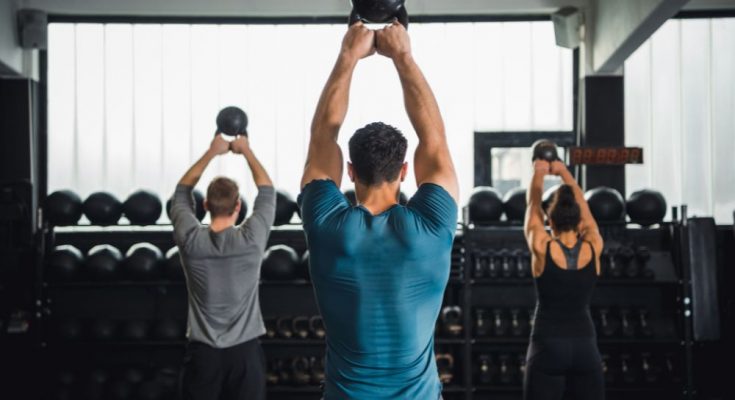If you’re like most people, you either enjoy or despise the idea of working out. While exercising presents significant benefits, many people often associate the hobby exclusively with weight loss.
Believe it or not, there are many other ways your body changes when you start working out that surpass the idea of losing weight.
Builds Muscle
While “getting gains” may be a more straightforward way to describe this change, working out promotes muscle growth. Muscles tear slightly during a workout session, and the tears undergo repair during recovery.
This repair process results in the formation of stronger connective tissue, therefore contributing to stronger muscles.
Causes Soreness
First-timers and those falling in love with exercising again can expect to feel sore after a grueling workout session. A relatively normal body reaction, this feeling comes from the same tissue repair that occurs when building muscle.
At first, you may feel pain, but the more you exercise, the better your body will respond to physical activity and recovery.
Influences Changes in Brain Chemistry
The mental health benefits of exercise are incredible! Your brain chemistry is responsible for your emotions and cognitive abilities. During physical activity, your chemistry changes by releasing serotonin.
Serotonin is a neurotransmitter that is associated with feelings of happiness. This change can contribute to lowering depression and improving mental health disorders such as anxiety.
Promotes Mitochondria Growth
Unsurprisingly, exercising can take a lot of work! During a workout, the mitochondria in your body produce more energy in less time.
Once you incorporate exercise into your daily routine, your body will start growing more mitochondria in your cells, promoting higher energy levels and making training more manageable.
Slows Heart Rate Over Time
Cardiovascular exercise can be your heart’s best friend. The more cardio you incorporate into a fitness routine, the better your heart can keep up. Over time, your left ventricle may increase in size, resulting in a more efficient blood pump.
Your resting heart rate may also decrease, allowing you to put less strain on your body during physical activity.
Decreases High Blood Pressure
In addition to a slower heart rate, cardiovascular exercise promotes the production of more blood vessels in the body. This effect can help keep your blood pressure down in the long run.
Positively Impacts Hormones
A successful workout can cause a shift in your body’s hormones. When you exercise, your body creates endorphins and dopamine—the “happy hormones”—which may improve your mood.
Other hormones triggered by exercise are irisin, which directly correlates with your metabolism, and cortisol, which triggers the fight or flight response in some people.
While weight loss is a common goal for many people when exercising, there are other ways your body changes when you start working out. The benefits may not all come at once, but once they do, you’ll realize the wait was worth it.
Additional Resources:
Protein
Peanut Butter
RxBars
Clif Bars


